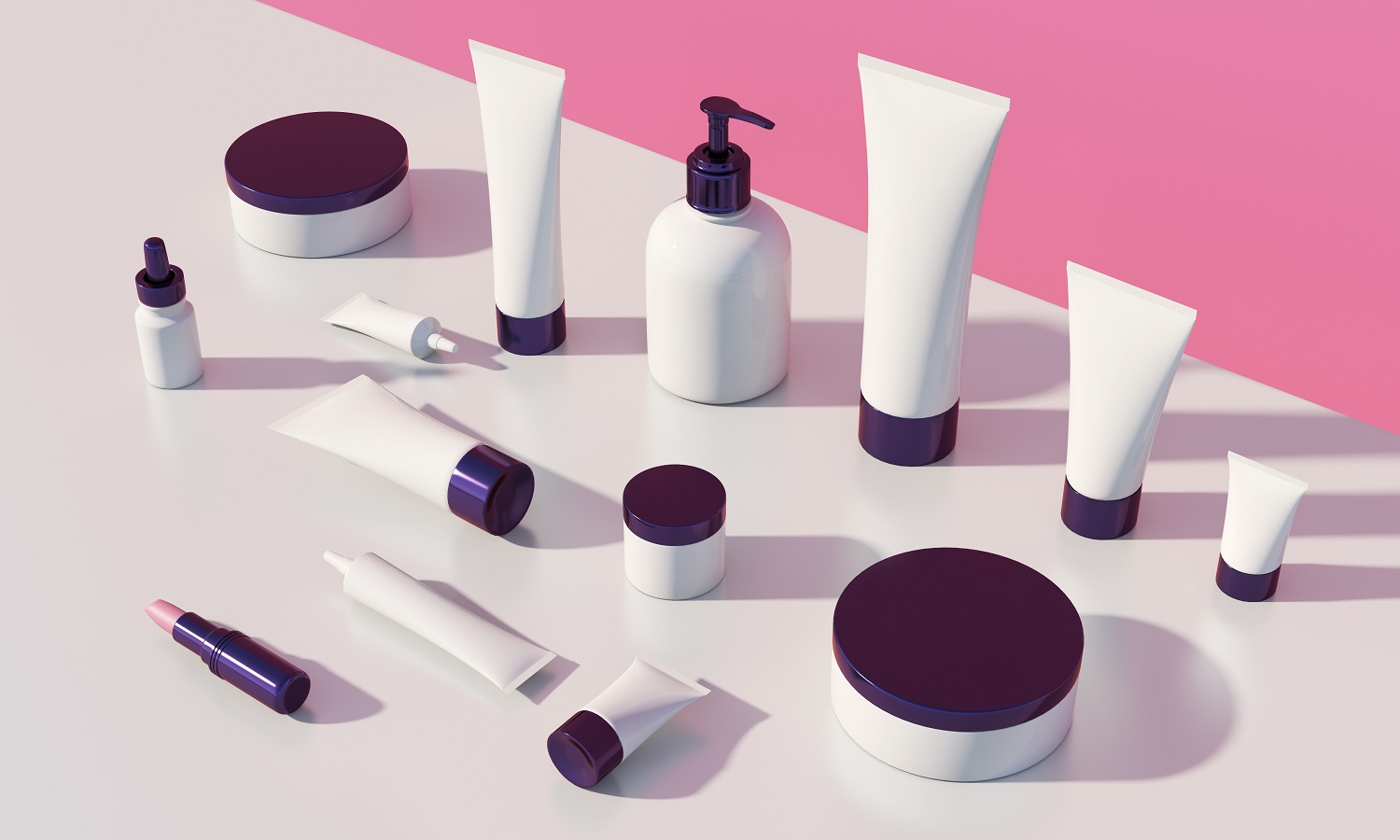Skincare Products: Hype vs. Reality

Walking through the cosmetics section at any department store, there are countless creams, serums, lotions, and potions on display that claim to erase wrinkles and be the secret to flawless, youthful skin. I often see patients who spend hundreds, if not thousands, of dollars on luxury skincare products; but does a high price point really make a product better or more effective?
In general, I don’t believe that there’s any relationship between a product’s price tag and its efficacy. Oftentimes, the ingredients in many of these luxury products don’t really have anything in them to justify the price. Some of them tout a variety of expensive-sounding additives – I’ve seen everything from powdered diamonds and platinum to caviar extract in facial moisturizers – but unfortunately, there’s really no scientific evidence to support the anti-aging properties of any of them. Even when they do contain active ingredients that we know to be effective, such as retinoids, glycolic acid, or antioxidants, I think there are often equally effective products available for a fraction of the price.
Instead of exclusively focusing on price, I think it’s important to look for medical-grade skincare products, often called cosmeceuticals. I find that cosmeceuticals are generally better formulated, with higher percentages of active ingredients than typical over-the-counter products, and fewer gimmicky additives. Many of these products have been extensively tested in clinical trials, and have established results. Moreover, because they’re formulated more like pharmaceutical products than typical cosmetics, cosmeceuticals also tend to be made without as many potentially-irritating fragrances, extracts, and preservatives.
For instance, we all know that retinoids (derivatives of Vitamin A) are some of the most effective topical treatments we have to prevent fine lines and wrinkles. However, not all retinoids are created equal. The only retinoid that has direct effect on skin cells is retinoic acid (also known as tretinoin), the active ingredient in Retin A. Although pure retinoic acid is highly effective as a collagen stimulator and anti-wrinkle cream, it can often cause redness and irritation and is only available by prescription. Other, over-the-counter retinoids are only effective because they are converted into retinoic acid in the skin. In general, retinol and retinaldehyde are the most effective over-the-counter retinoids because they are converted into retinoic acid at the highest rates. Well-formulated cosmeceutical products tend to contain higher percentages (0.05-0.1%) of retinol. Some of the newer cosmeceutical retinols we’re seeing on the market are even being formulated with a combination of other beneficial ingredients, such as broad-spectrum antioxidants to further enhance the effects of the retinol, and skin hydrators to minimize the potential for irritation. On the other hand, pro-retinols, such as retinyl palmitate, retinyl acetate, and retinyl linoleate, are converted into retinoic acid at much lower rates, and while they may be a little gentler on the skin, they are are significantly less effective. Many over-the-counter ‘retinol’ products are in fact formulated with pro-retinols, or very low concentrations of retinol, making them less beneficial.
If you have any questions about what products would work best for your skin or would like to discuss your skincare regimen, please give us a call to schedule a consultation with one of our providers.
